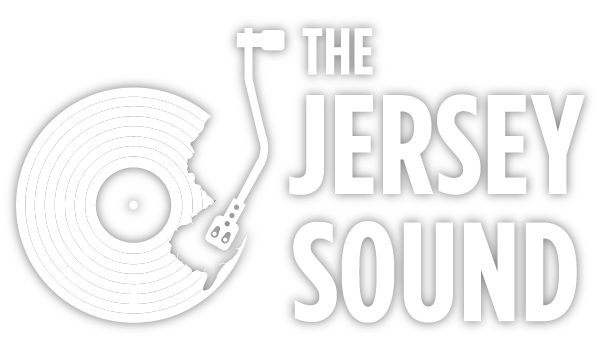Bruce Looks Back at His Second Album
On the occasion of the 50th anniversary of The Wild, The Innocent & The E Street Shuffle, Bruce Springsteen took to the podium at the Bruce Springsteen Archive & Center for American Music, housed within Monmouth University in West Long Branch, and said the following on October 28: “It’s a lovely wild card; it’s a very youthful record, and it’s me really getting a chance to really express who I was, which I felt I didn’t have the opportunity to do that on the first album so this was finally…I felt, yep, all my talents came to fruition. My ability to write, my ability to write lyrics, my ability to write evocative music, and set cinematic scenes. Everything that I’ve basically done for the rest of my career really began on The Wild, the Innocent…It was a wonderful record that holds up tremendously well.”
With former manager Mike Appel in attendance, historian Bob Santelli interviewed Bruce onstage before the artist settled into his seat in the audience to watch Garry Tallent, Vini “Mad Dog” Lopez, Williams Honor, Adam Weiner of Low Cut Connie, David Sancious, Lisa Lowell and others jam out on the album’s seven songs. Stories were told, and Jay Lustig of www.njarts.net transcribed the following from Bruce about two of the New York City-inspired songs: “Incident On 57th Street” and “New York City Serenade.”
(Advertisement) Story continues below…
“I used to go up there when I was 16, to get out of Freehold, to keep from being beat up and stuff. … We (Springsteen and Steven Van Zandt) went up starting when I was 16, into the Village, where they have all the coffeehouses, and there were a lot of young bands playing. Amazingly, we got The Castiles into Cafe Wha? around 1967, maybe … Stevie, you know, we’d go up on the Lincoln Transit bus, out of the bus stop in Freehold. … That holds a lot of powerful memories for Stevie and I, that little stretch of the Village that was Fourth Street, MacDougal Street, Bleecker Street. … it really let you feel free, because it was very hostile in your local hometowns in those days. And so we just went to New York to be able to walk down the street and feel good. …
“I bailed on my graduation. The morning of my graduation, I woke up, I said ‘Nope.’ And around 6:30, I snuck out of the house, went down to the bus station, hopped on the first bus to New York, spent the day in the Village. With everybody looking for me. All my relatives were at the house for the big party. And I’m not there. I don’t go to the graduation. … My parents finally found me at the Cafe Wha? and begged me to come home. They said everything was ok. It was not.
“I came back. And I brought a girl with me that I had met in the Village … I don’t know what possessed me to do it. And my father made me take her to the bus station and send her back to New York. Then I came home, and he made me go to my room and took all the lightbulbs out, so I had to sit in the dark.”

